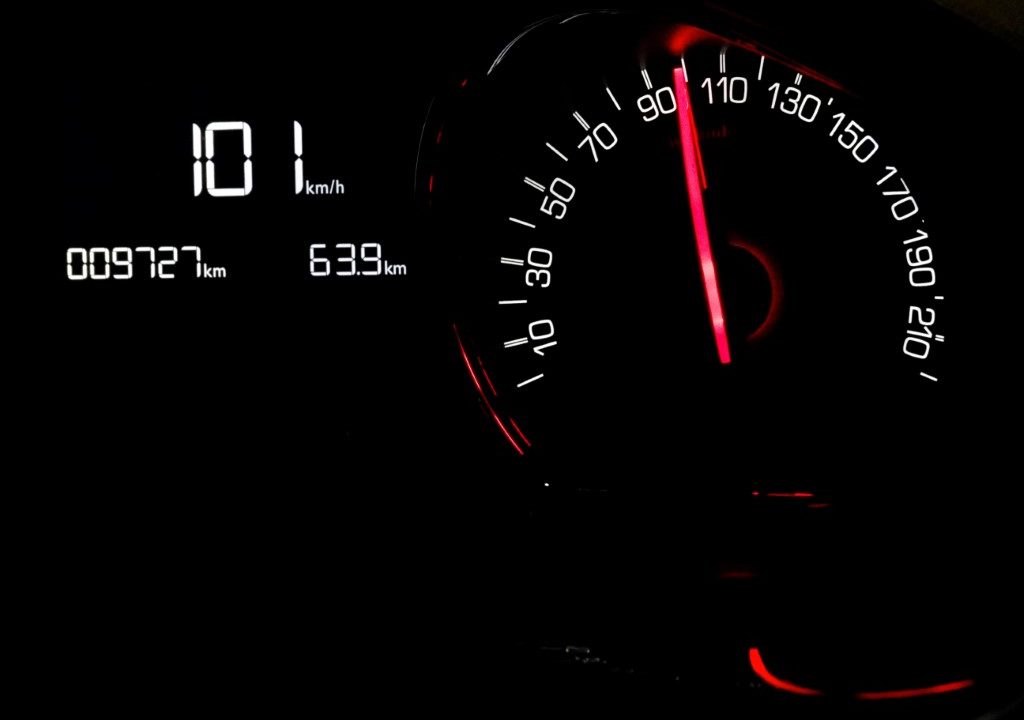Strict liability is a legal principle in criminal law that assigns responsibility for certain offences based solely on the act itself, without considering the person’s intention or state of mind. Where a person is strictly liable, they can be held legally responsible for an offence without the need to prove their intention or guilty state of mind. In other words, it applies to certain offences where the act itself is enough to establish guilt, regardless of the individual’s intentions or awareness.
Strict liability offences are often associated with public welfare, regulatory matters, and certain minor offences. The rationale behind strict liability is to prioritize public safety and ensure compliance with specific laws or regulations. By holding individuals accountable for their actions regardless of intent, it aims to deter potential wrongdoing and maintain a higher standard of care in society.
It’s important to note that strict liability offences typically involve lesser penalties compared to offences that require proof of intent. Additionally, there may be certain defences available to individuals accused of strict liability offences, such as demonstrating that they took reasonable precautions or acted in good faith.
If you have been charged with a strict liability offence, it is important they you seek the help of a layer. At Collett Read LLP, our dedicated team of legal professionals understands the intricacies of criminal and regulatory law and is here to provide you with personalized advice and robust representation. If you’re facing criminal or regulatory charges, get Ontario’s winning legal team on your side. Contact us today for a free consultation.
Have you been charged with a strict liability offence? Fill out our free consultation form or call (905) 541-2228 to talk with our criminal defence team.
